Discussing at Group 10 (including the National Assembly Delegation of Ninh Binh Province and the National Assembly Delegation of Quang Tri Province), the majority of opinions affirmed the necessity of amendments, stemming from urgent political , legal and practical requirements in the context of the press and media being strongly transformed towards digitalization. The Party's guidelines through the Congresses and many resolutions and conclusions of the Politburo and the Secretariat all affirmed the task of developing professional, humane and modern press; strengthening management, streamlining the press system to be streamlined and effective, associated with innovation in content, methods of operation and developing key national press agencies with the role of guiding information. Major policies on digital transformation, international integration, institutional improvement, decentralization of management, as well as international commitments all put the press in a key position on the ideological front, while allowing the State to proactively regulate and manage this field.
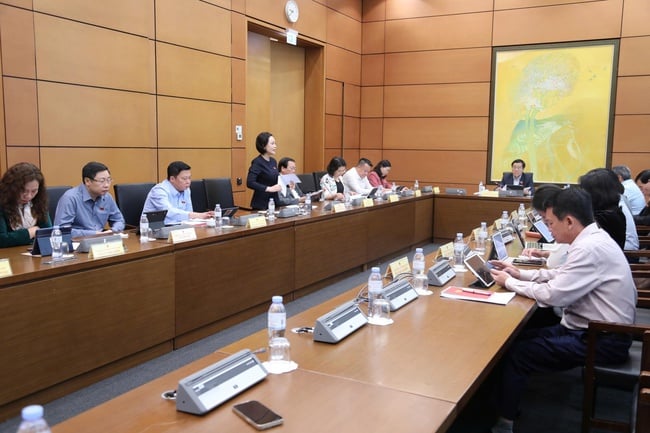
Scene of the discussion session at Group 10
After more than 8 years of implementation, the 2016 Press Law has revealed many limitations, such as unclear concepts, loose licensing conditions, lack of violation handling mechanisms and license revocation regulations; unclear management decentralization between the central and local levels; lack of legal corridor for press activities in cyberspace and press group models; press linkages pose potential risks of privatization; and lack of financial guarantee mechanisms and press human resource development. In particular, there are no regulations to meet the requirements of digital transformation, or to develop strong press agencies with the power to lead and orient public opinion.
Expressing his opinion on citizens' right to freedom of the press in Article 5 of the draft law, delegate Pham Hung Thang - National Assembly Delegation of Ninh Binh province said that Clause 6, Article 5 stipulates that citizens have the right to "Print and publish printed newspapers" is not appropriate. Because the press is a special field directly related to information, ideology, public opinion orientation and political security. Therefore, the State must strictly manage it, it cannot be considered a "normal citizen's right" like the right to print personal documents or publish books.
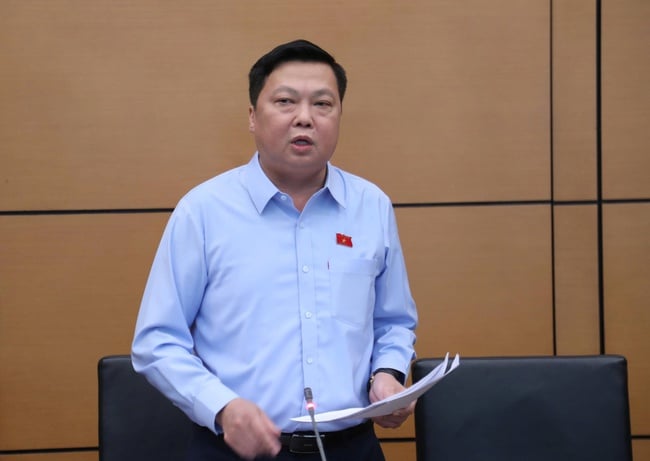
Delegate Pham Hung Thang - National Assembly Delegation of Ninh Binh province spoke
Furthermore, citizens have the right to freedom of speech and freedom of the press (Article 25 of the 2013 Constitution), but this right does not include the right to print and publish newspapers as a professional press agency. If it is stipulated that citizens have the right to print and publish printed newspapers, it will lead to any citizen being able to print and publish newspapers themselves, causing loss of control over information, leading to the spread of false information, causing difficulties in press management and network security.
At the same time, the printing and distribution of newspapers must comply with the conditions of licenses, governing bodies, heads, content, and scope of distribution. If citizens are given the "right to print and distribute" without a license, then the regulations on state management will lose their practical effect.
Therefore, to ensure citizens' rights to participate in press activities (writing articles, sending news, participating in social criticism) but still in accordance with the press management mechanism, delegate Pham Hung Thang proposed to revise this regulation in the direction: "Citizens have the right to access, provide information, and participate in creating press content according to the provisions of law; printing and publishing newspapers can only be done by agencies and organizations licensed according to the provisions of law."
Contributing ideas to perfect the regulations on the model of press agencies, delegate Hoang Duc Thang - National Assembly Delegation of Quang Tri province suggested that the Drafting Committee consider and supplement specific regulations on the model of multimedia key media agencies, similar to existing press types, and at the same time assign the Government to specify in detail the organization and operation of this model. Because this is a new model, applied for the first time in Vietnam, it requires a clear legal framework to determine the position, functions, tasks, powers, operating mechanisms, resources and management responsibilities.
The separate provisions in the Law will create a complete legal basis, while ensuring flexibility when assigning detailed instructions to the Government, in accordance with the rapid development of multi-platform communication.
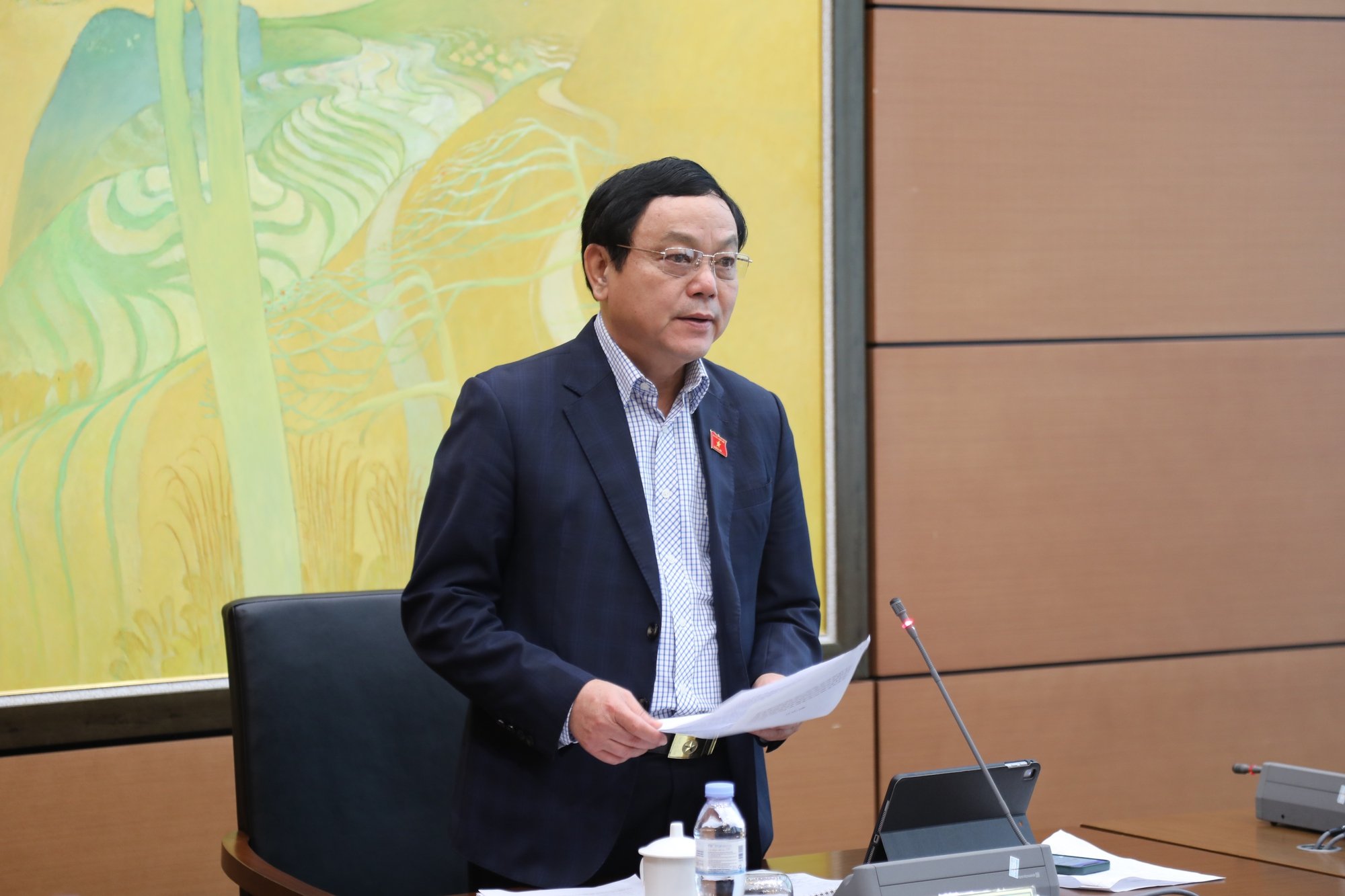
Delegate Hoang Duc Thang - National Assembly Delegation of Quang Tri province speaks
In addition, it is necessary to supplement regulations on reasonable proportions for the content of the fight against negativity, in addition to the principles to ensure information orientation, maintain propaganda goals, avoid commercialization, sensationalism or excessive exploitation of negative issues. This regulation both affirms the role of social supervision of the press and strengthens social responsibility and state management of press activities in the current period.
In addition, delegate Hoang Duc Thang also requested the Drafting Committee to consider more clearly defining the rights, obligations and activities of reporters and editors who have not been granted press cards. Recent practice has shown that the lack of specific regulations on the content, form, authority and validity period of the letter of introduction has led to abuse, false issuance or misuse, and even the appearance of self-printed "reporter cards" that look similar to press cards.
Therefore, it is necessary to supplement specific regulations on responsibilities, scope of activities, conditions of practice and procedures for issuing certificates of introduction for this subject, ensuring standard, controlled and transparent operations. At the same time, assigning the Government to provide detailed regulations will ensure consistency and feasibility, while creating a full legal basis for effective management of the force of reporters and editors who have not been granted press cards in practice.
Regarding the prohibited acts in the draft law, some delegates suggested that the Drafting Committee consider amending Clause 7 of the draft Law in the direction of replacing the phrase "information that distorts and mixes Vietnamese leading to misunderstanding of propaganda content" with "using substandard Vietnamese language in press products causing misunderstanding of propaganda content".
Because the phrase "distorting and hybridizing Vietnamese" lacks clear legal criteria, is emotional, difficult to determine violations and easily leads to arbitrary understanding and application in practice. The regulation of prohibited acts must ensure transparency, identify the violating elements, be verifiable and handled according to legal principles.
According to the delegate, this expression is both consistent with the legal requirements on the certainty of the norm and clearly demonstrates the goal of state management - preventing the use of incorrect language that changes the content of information, causing misunderstanding to the public, while not creating barriers or restricting the freedom of speech and the right to creativity in press activities guaranteed by the Constitution.
Source: https://bvhttdl.gov.vn/sua-luat-bao-chi-la-can-thiet-sua-doi-luat-trong-boi-canh-bao-chi-truyen-thong-dang-chuyen-doi-manh-me-theo-huong-so-hoa-20251023155606609.htm


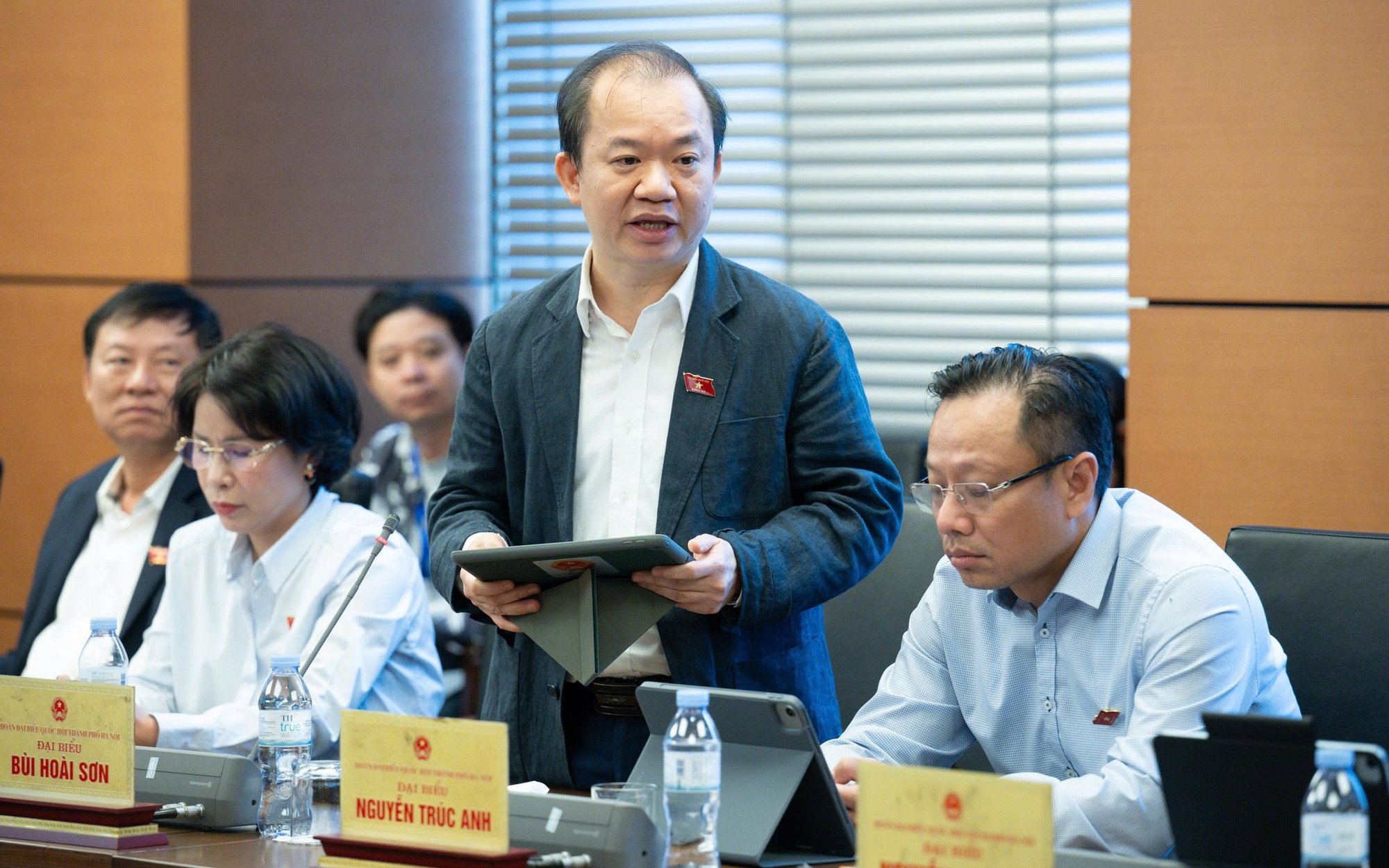



![[Photo] Prime Minister Pham Minh Chinh chairs meeting on railway projects](https://vphoto.vietnam.vn/thumb/1200x675/vietnam/resource/IMAGE/2025/10/23/1761206277171_dsc-9703-jpg.webp)
![[Photo] President Luong Cuong holds talks with South African President Matamela Cyril Ramaphosa](https://vphoto.vietnam.vn/thumb/1200x675/vietnam/resource/IMAGE/2025/10/23/1761221878741_ndo_br_1-8416-jpg.webp)
![[Photo] Prime Minister Pham Minh Chinh meets with South African President Matamela Cyril Ramaphosa](https://vphoto.vietnam.vn/thumb/1200x675/vietnam/resource/IMAGE/2025/10/23/1761226081024_dsc-9845-jpg.webp)

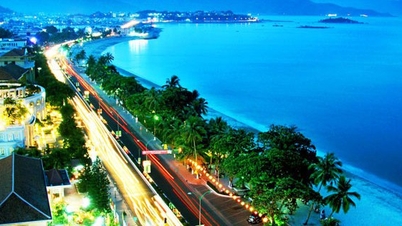
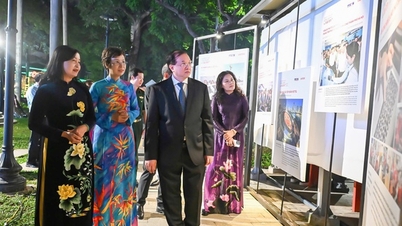


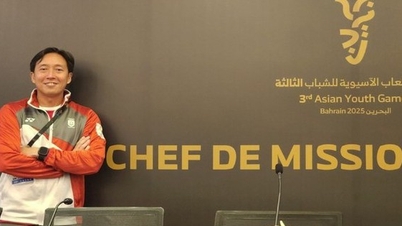




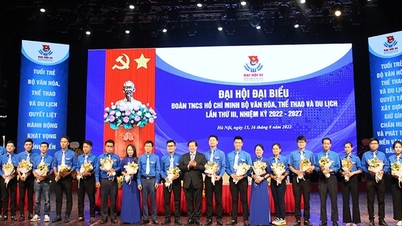
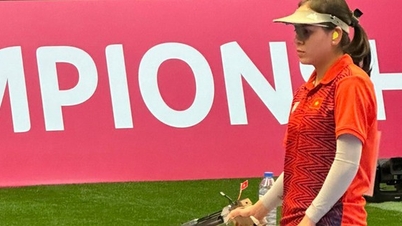
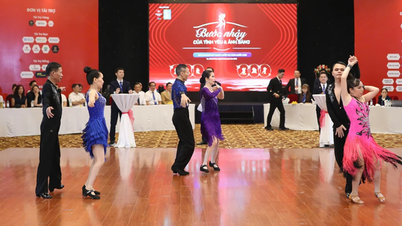
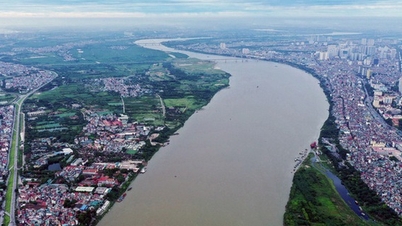

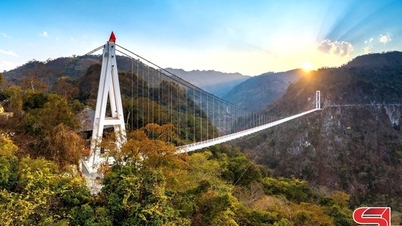





































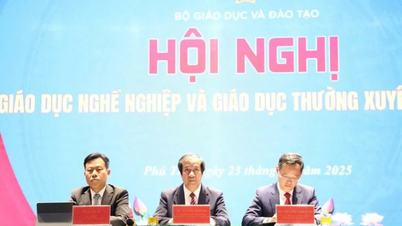

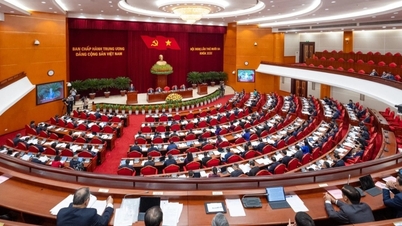

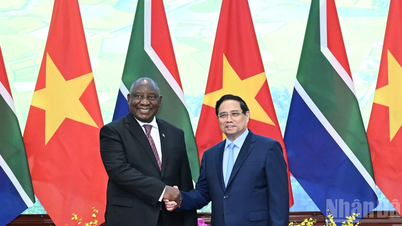
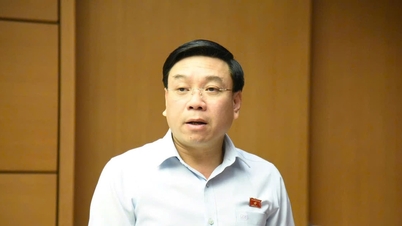




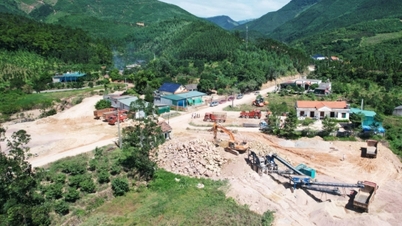



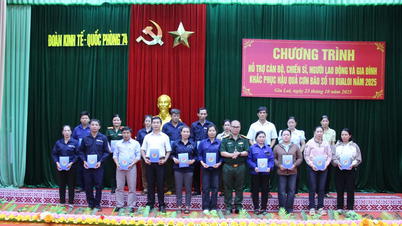

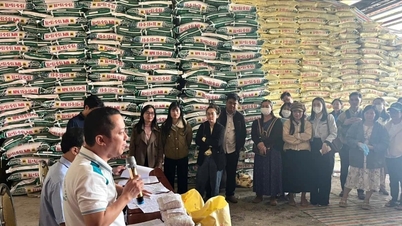


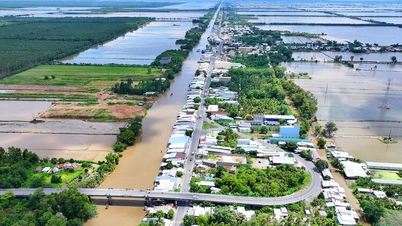














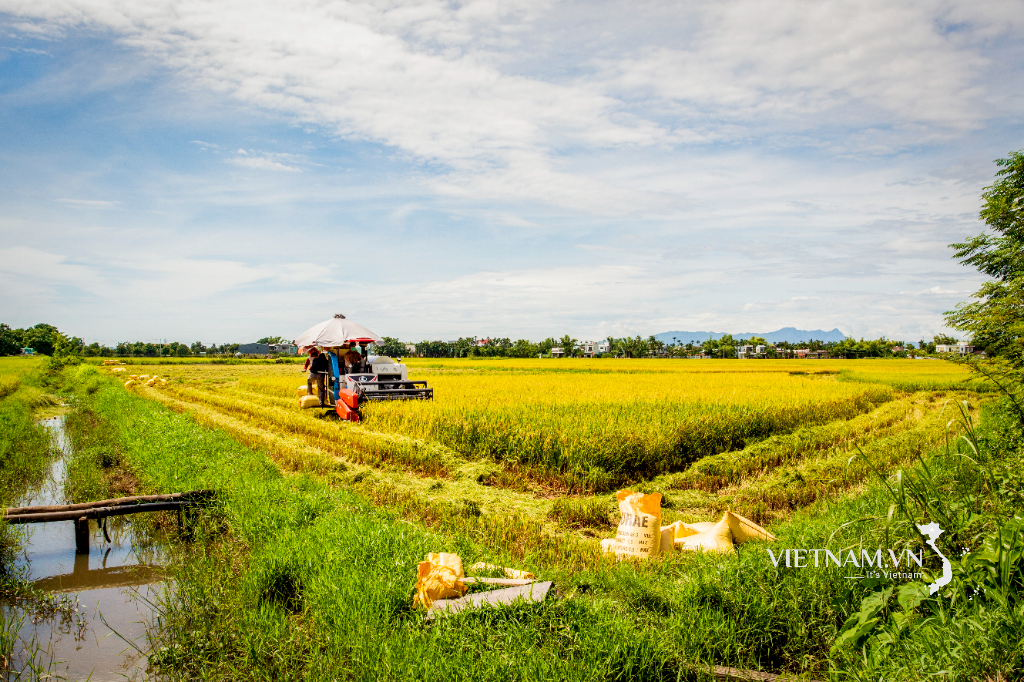
Comment (0)